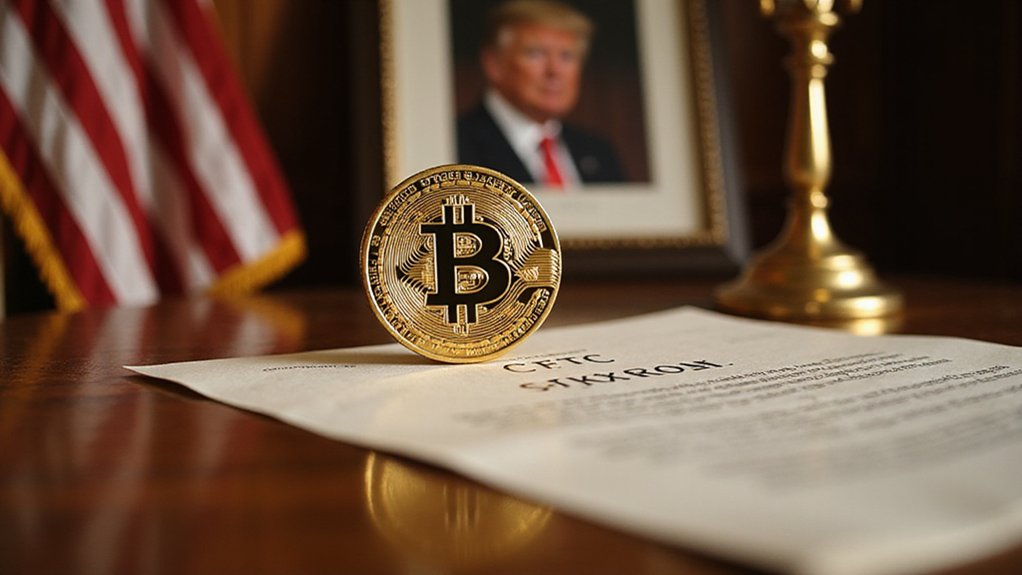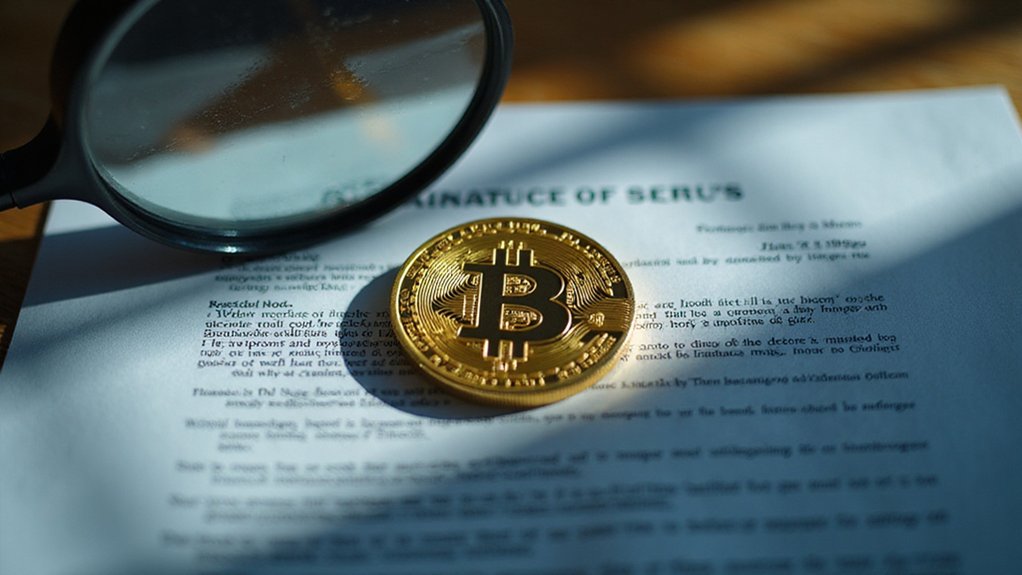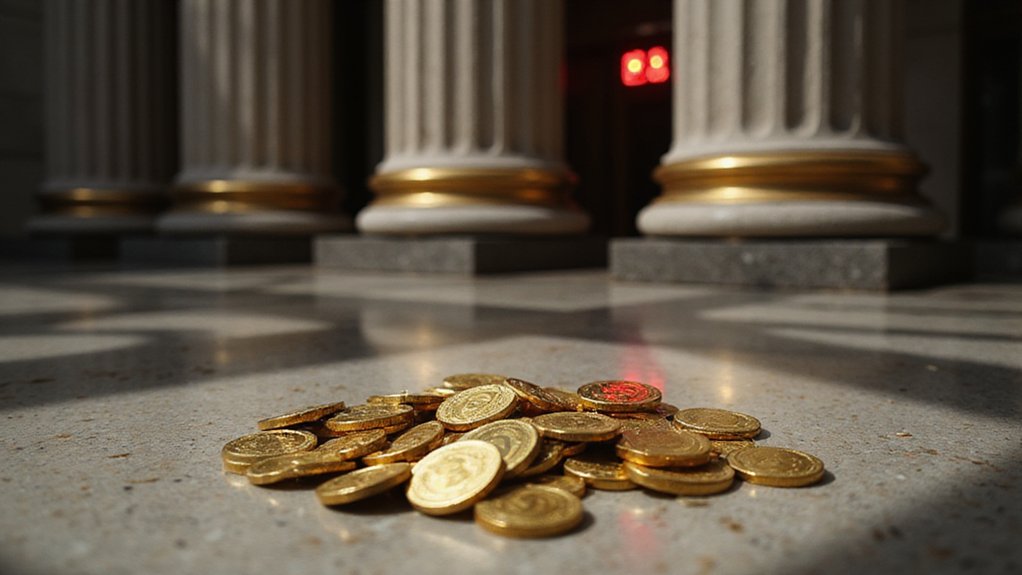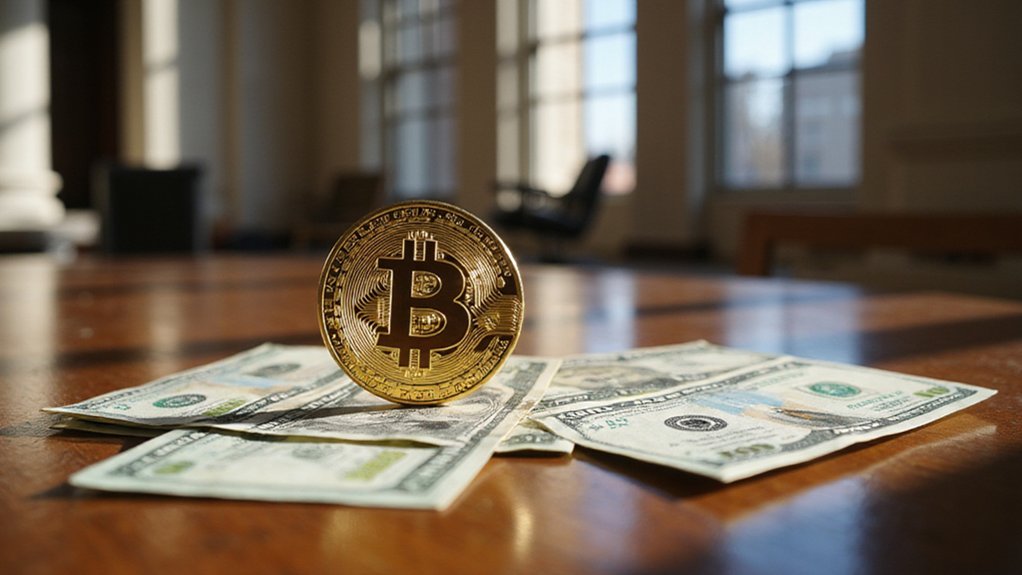The decentralized finance sector has found itself squarely in the crosshairs of legislative scrutiny as Uniswap and a coalition of DeFi advocates mount a spirited challenge against the Senate Banking Committee‘s latest market-structure bill—a legislative effort that ostensibly seeks to clarify the regulatory wilderness surrounding digital assets but threatens to impose the very institutional constraints that DeFi was designed to circumvent.
The Senate’s discussion draft, crafted in alignment with the House-passed CLARITY Act and the 2023 Lummis-Gillibrand Responsible Financial Innovation Act, promises to untangle the regulatory Gordian knot between the SEC and CFTC’s overlapping jurisdictions. Yet this noble quest for clarity has prompted Uniswap’s Chief Legal Officer to testify before Congress with the fervor of someone defending the internet itself—arguing that DeFi represents foundational financial infrastructure deserving protection from regulatory overreach that could strangle innovation in its digital crib.
The irony is palpable: legislation designed to reduce ambiguity may create new uncertainties for protocols operating in the permissionless domain. While the CLARITY Act attempts to establish clear frameworks for digital commodities and shift focus from securities classification to operational clarity, DeFi advocates worry that such well-intentioned regulatory architecture could inadvertently cage the very innovation it seeks to legitimize.
Regulatory clarity threatens to become regulatory captivity for the very innovations it purports to protect.
Banking pressure on crypto firms has already created what Uniswap describes as a challenging business environment—a diplomatic understatement for what amounts to financial ostracization. The confluence of multiple regulatory bodies issuing conflicting guidance has transformed compliance into a Byzantine exercise, leaving developers uncertain whether their smart contracts violate securities laws or commodity regulations (or both, simultaneously). Former regulators continue to express concerns about enforcement gaps in decentralized systems where traditional oversight mechanisms prove inadequate.
With Republicans controlling both chambers and the White House, bipartisan support for crypto legislation appears more achievable than during previous congressional sessions. However, the fundamental tension remains: how does one regulate decentralized protocols without centralizing them? The challenge becomes particularly acute when considering decentralized exchanges, where imposing traditional disclosure obligations proves nearly impossible due to their distributed nature. Despite these regulatory hurdles, DeFi has established itself as a legitimate complement to traditional finance, with the sector continuing to expand its democratization of financial services.
The Senate’s market-structure bill may clarify jurisdictional boundaries, but critics argue it risks sacrificing DeFi’s core promise of permissionless finance on the altar of regulatory certainty—potentially driving innovation overseas to jurisdictions less concerned with protecting American financial hegemony through institutional capture.









